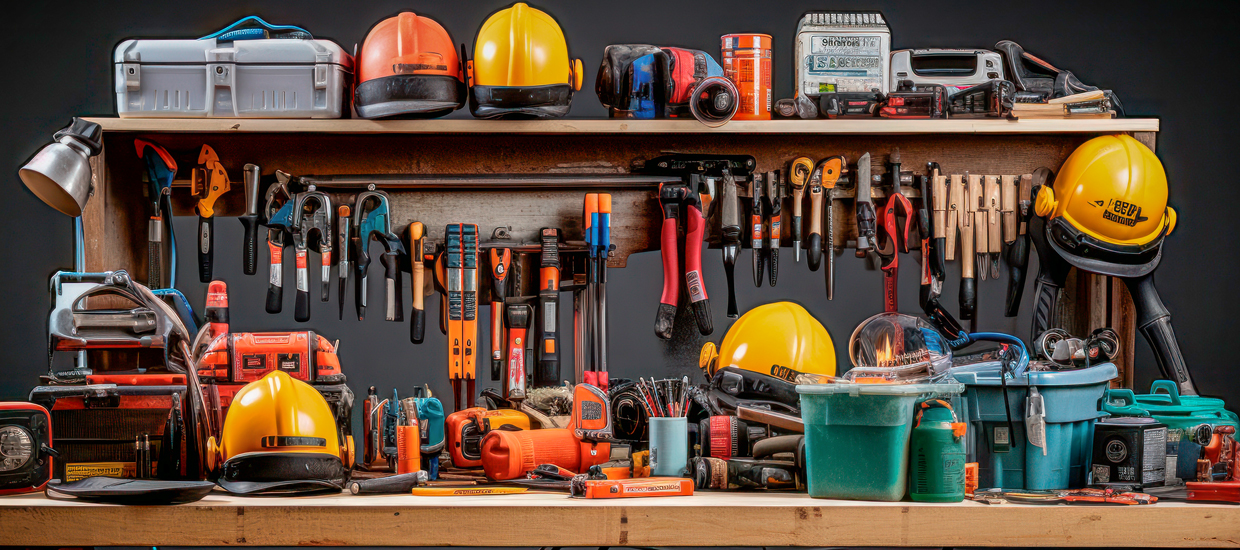Resources

On our final website, the KIT Chip-Design house will offer a directory of various resources. Until that final website is ready, we will already provide some information on the most interesting resources here. For now, this list mostly provides resources for university students.
Chip Design Challenges and Competitions
INVENT a CHIP: This competition, organized by VDE and BMBF, invites students to explore the world of microelectronics and artificial intelligence. Participants can engage in quizzes and challenges, and even develop their own microchip applications with expert support. The competition offers exciting prizes and opportunities for hands-on learning.
OpenHW: The Open Hardware Design Competition provides a platform for university students to showcase their skills in adaptive computing. Participants can work with FPGAs, Zynq, and other advanced technologies, competing globally in various tracks. The competition encourages innovation and technical creativity.
Chip-Design Events
Bits Bonding Bassline: This unique business festival combines electronics with music, offering a vibrant atmosphere for networking and learning. The event features pitches, bonding sessions, and performances, making it an exciting opportunity for students and professionals in the electronics field.
Low-Cost Chip Fabrication for Enthusiasts
Tiny Tapeout: Tiny Tapeout is an educational project that simplifies the process of getting your chip designs manufactured. It offers affordable and accessible options for students and hobbyists to create and test their own chips, making the complex world of chip design more approachable.
IHP Free MPW Runs: The Leibniz Institute for High Performance Microelectronics (IHP) offers free multi-project wafer (MPW) runs for open-source chip designs. This initiative supports non-commercial activities like university education and research, providing a valuable opportunity for designers to see their projects come to life.
Educational Tools
SiliWiz: SiliWiz is a free educational tool that helps users learn the basics of semiconductor design and manufacturing. It offers interactive lessons and simulations, making it an excellent resource for anyone interested in understanding how microelectronics work at a fundamental level.
